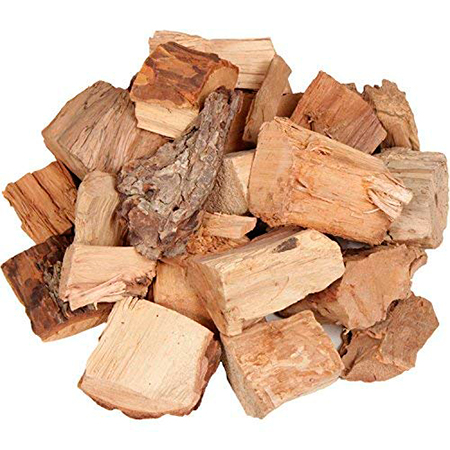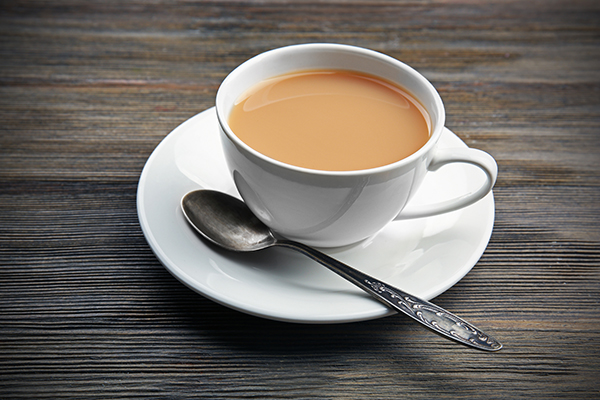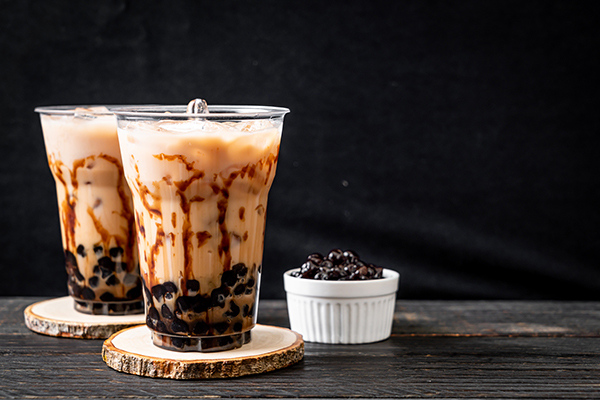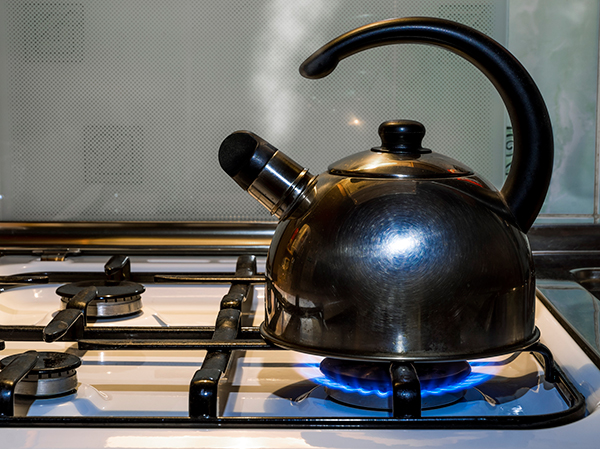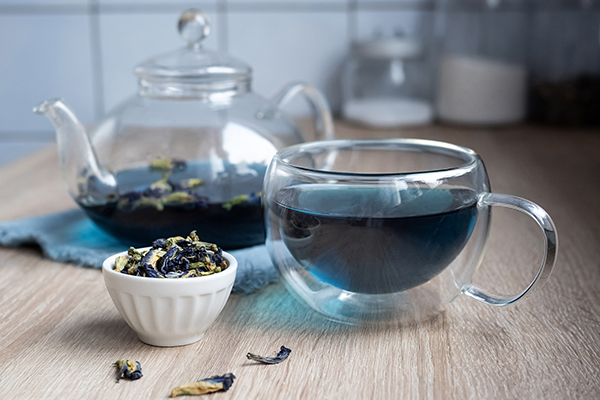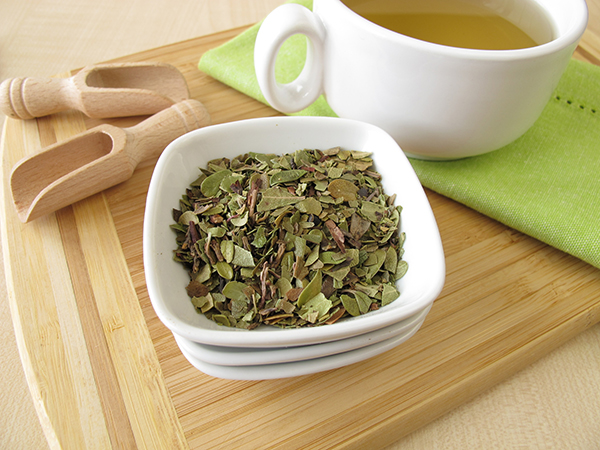The Ultimate Guide to Tea Baths: Soak Your Way to Better Health and Relaxation
Tea baths have been a popular wellness practice for centuries, with records of their use dating back to ancient civilizations in China and Japan. Today, tea baths are experiencing a resurgence in popularity as people seek natural remedies for various ailments and a soothing escape from the daily grind.
In this article, we’ll explore the benefits of tea baths, how to prepare one, and the best teas to use for a luxurious soak.
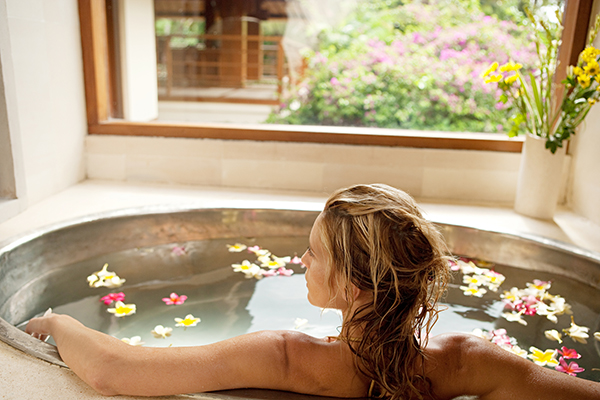
The Many Benefits of Tea Baths
Tea baths offer numerous health and relaxation benefits, thanks to the natural properties of tea leaves. These benefits include:
Detoxification
Tea leaves are rich in antioxidants, which can help detoxify the body by neutralizing harmful free radicals. A tea bath can aid in purging toxins from the skin, leaving you feeling refreshed and revitalized.
Skin Care
Tea baths can be a soothing remedy for various skin conditions, such as eczema, psoriasis, and acne. The tannins and catechins in tea leaves have anti-inflammatory and antimicrobial properties, which can help reduce skin irritation and redness.
Muscle Relaxation
A warm tea bath can help to alleviate muscle soreness and tension. The heat from the water, combined with the therapeutic properties of the tea leaves, works to relax the muscles and soothe aching joints.
Stress Relief
Immersing yourself in a tea bath can provide a calming and soothing experience that helps to relieve stress and anxiety. The natural fragrance of the tea leaves can act as a form of aromatherapy, promoting a sense of relaxation and well-being.
How to Prepare the Perfect Tea Bath
Preparing a tea bath is simple and requires just a few ingredients. Follow these steps to create a soothing and rejuvenating tea bath experience:
- Choose your tea: Select a tea variety that suits your needs and preferences. You can use green tea, black tea, white tea, or herbal blends. We’ll discuss some popular options in the next section.
- Prepare the tea: Bring a large pot of water to a boil and add your desired amount of tea leaves (approximately 1 cup of tea leaves for a standard bathtub). Allow the tea to steep for at least 15-20 minutes to release its full benefits.
- Strain the tea: Use a fine mesh strainer to remove the tea leaves from the water. You can also place the tea leaves in a muslin or cheesecloth bag before steeping to make this step easier.
- Fill your bathtub: Fill your bathtub with warm water, ensuring it is at a comfortable temperature. Pour the strained tea into the tub, mixing it with the water.
- Enhance your bath: Add additional elements to your tea bath, such as Epsom salts, essential oils, or even fresh flowers. These can further enhance the therapeutic effects of the bath.
- Soak and relax: Immerse yourself in the tea bath for at least 20-30 minutes to reap the full benefits. Close your eyes, breathe deeply, and enjoy the soothing sensations.
Best Teas for a Luxurious Soak
Different teas offer unique benefits and fragrances, so it’s essential to choose the right one for your needs. Here are some popular tea bath options:
Green Tea
Green tea is renowned for its high antioxidant content and anti-inflammatory properties, making it an excellent choice for detoxification and skin care. Its subtle, grassy aroma is soothing and refreshing.
Black Tea
Black tea has higher caffeine content and stronger antioxidants than green tea, making it a powerful detoxifier. The rich, malty aroma of black tea can help to invigorate your senses and provide a luxurious bathing experience.
White Tea
White tea is the least processed of all tea varieties and has a delicate, floral aroma. It is rich in antioxidants and has excellent anti-inflammatory properties, making it ideal for soothing sensitive skin and promoting relaxation.
Chamomile Tea
Chamomile is a popular herbal tea known for its calming effects. A chamomile tea bath can help reduce stress and anxiety, while its anti-inflammatory properties can soothe irritated skin and promote a good night’s sleep.
Lavender Tea
Lavender tea is another herbal option that offers relaxation and stress relief. Its fragrant, floral aroma can act as a form of aromatherapy, while its anti-inflammatory properties can help to alleviate muscle tension and promote restful sleep.
Rose Tea
Rose tea is made from the dried petals of rose flowers and has a sweet, floral fragrance. A rose tea bath can provide a luxurious and romantic experience, while its anti-inflammatory and antimicrobial properties can help to rejuvenate the skin.
Peppermint Tea
Peppermint tea is a refreshing and invigorating option, perfect for revitalizing tired muscles and lifting your spirits. Its cooling effect can help soothe aching muscles, while its antimicrobial properties can improve skin health.
Tips for Enhancing Your Tea Bath Experience
To make your tea bath even more enjoyable, consider incorporating the following tips:
- Set the mood: Light some candles, play relaxing music, and dim the lights to create a soothing ambiance that will help you unwind and fully enjoy your tea bath.
- Use a bath pillow: A bath pillow can provide additional comfort and support for your head and neck, allowing you to relax more deeply.
- Hydrate: Be sure to drink plenty of water before and after your tea bath to stay hydrated and help flush out toxins.
- Practice mindfulness: Use your tea bath as an opportunity to practice mindfulness and meditation. Focus on your breath, the sensations of the warm water, and the aroma of the tea leaves to clear your mind and connect with the present moment.
- Follow up with moisturizer: After your tea bath, gently pat your skin dry and apply a nourishing moisturizer to lock in hydration and keep your skin feeling soft and supple.
Conclusion
Tea baths offer a unique and natural way to promote relaxation, improve skin health, and detoxify the body. By selecting the right tea variety and creating a soothing atmosphere, you can transform your bathing experience into a rejuvenating and therapeutic ritual.
FAQ
Is Tea Good for Meditation?
Yes, tea can be a great accompaniment to meditation. The act of preparing and drinking tea can itself be a mindful practice. Certain teas like green tea, chamomile, or herbal blends are known for their calming effects, which can enhance the relaxation and focus needed for meditation.
However, it’s important to note that everyone is different, so the best tea for meditation may vary depending on individual preferences and tolerance to caffeine.

